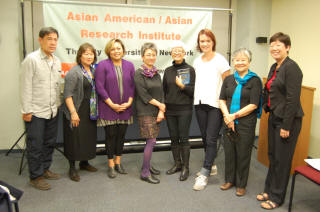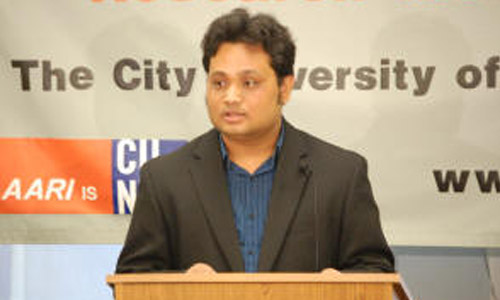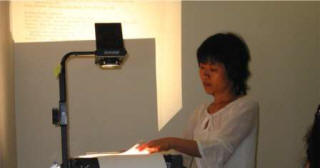No Writer Is An Island: Hawai’i Writing Is More Than Regional
Since 1978, Bamboo Ridge Press has published literature by and about the people of Hawaiʻi that reflects Hawai‘i culture, an island sensibility and ultimately a sense of place, all of which distinguishes it from other regional literatures. While regional literature’s value lies in its ability to validate the way of life, culture, and values of … Read more




